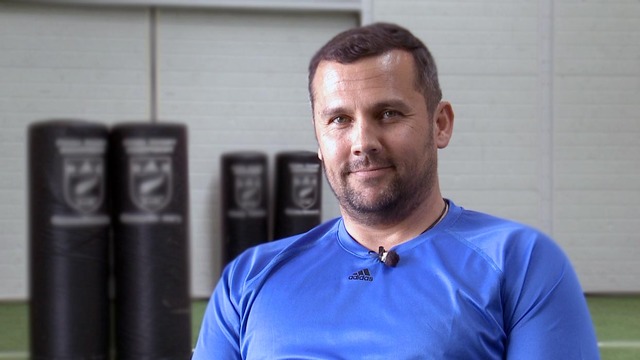Coaches should embrace ‘half game rule’ challenge
The Rugby Football Union has recently introduced a new ‘half game’ regulation for youth rugby in England with the aim of preventing the loss of young players to other sports – but the positive impact on coaching could be just as significant.
From the start of next season all match day squad players at every level of youth, junior and minis rugby, from ages 6 to 18, must play at least half a game.
Reports suggest that around 10,000 youngsters a year are lost to the sport with many apparently quite literally frozen out having quit after being left shivering on the sidelines for too long.
Clearly wary of the long-term impact on the health of the game, and maybe more damage to their balance sheet, the RFU has chosen to act.
The rule will encompass both club and school rugby and we can assume that even the elite will adhere to the change with international age-group squads also set to rotate their options regardless of other factors.
This radical approach will be nothing new to those in New Zealand and Wales where such a policy has been in place for some years, but it is only now being rolled out in England following what was deemed a successful trial and a voluntary ‘implementation’ period this season that provided positive results.
That feedback included research conducted by the University of Essex that said ‘players who regularly play half a game or more report higher enjoyment, self-esteem and rugby playing competence.’
The figures also suggest that those who play half a game are ‘six times more likely to enjoy the sport than those who don’t’.
The RFU also cited the recent National Rugby Survey in which 85% of coaches and teachers agreed that the ‘half game rule’ is a positive change for age grade rugby and 90% who did it reported positive benefits.
While clearly player-driven in the hope as many as possible remain in the game throughout their adolescence and beyond, this shift will also have a big and hopefully positive impact on those coaches shaping these youngsters’ rugby journey.
No longer can there be a reliance on the gifted ‘stars’ of any particular squad who may have until now hogged the vast majority of the game time and limelight.
Instead coaches must now work harder to develop those players not deemed as good or worthy of extended exposure on the field to ensure they can play a similarly integral role within the side.
Coaches must also endeavour to explore and nurture new combinations whereas previously they may have opted for the easy or tried and tested options.
That includes identifying, encouraging and educating candidates for what become the more technically and physically demanding positions at the later age grade levels to ensure that is not a barrier to the rotation policy.
The suggestion by some that this would have a detrimental impact on the development of those whose contribution is subsequently reduced is also a little misplaced.
Much like the argument surrounding streaming or mixed ability squads, it is up to the coach to continue to challenge that player in different ways and maybe work with opposition coaches and match-up similarly skilled players at certain times.
The skill set of all must come under the microscope – including that of the coach.
Any coach not actively pursuing their own development is arguably not showing the same level of commitment as that which he or she is asking of their players.
Just as we encourage and hopefully prepare junior players for every possible outcome, as coaches we should also continually drive our own learning, push our own boundaries as we push those of our players.
As with all junior rugby, the only result that really matters is the development of the players and the enjoyment they take from the game and that is a message as important as any technical know-how that is passed on.
An obvious factor behind the RFU’s stance is the desire to ensure the popularity of the sport and specifically playing numbers in senior rugby, in all its forms, remain healthy and continue to grow.
That number goes a long way to securing the future funding of the game be it from government sources like UK Sport or commercial and broadcast partners willing to pay to be associated with the game.
How deep they are willing to dig is certainly influenced by how many make the transition from junior to senior rugby or at least remain engaged by the sport as a player, official, fan or parent.
It is also clear that they are more likely to make that transition if they have played an active role within a squad during their formative years and also benefitted from really feeling part of a team and all the life lessons the sport offers.
Only time, and the subsequent data, will tell whether it has the desired effect although initial signs are good for all concerned.
What is more than a little disappointing is the fact that regulation is required to make this happen.
While many already adopt such an approach, many don’t, seemingly happy to prioritise the scoreboard rather than the development of all their charges.
Coaches have a responsibility to play their part, drive this change and ensure the regulation is redundant as soon as possible.

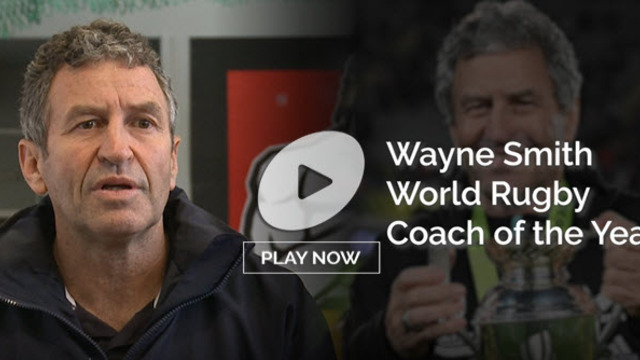
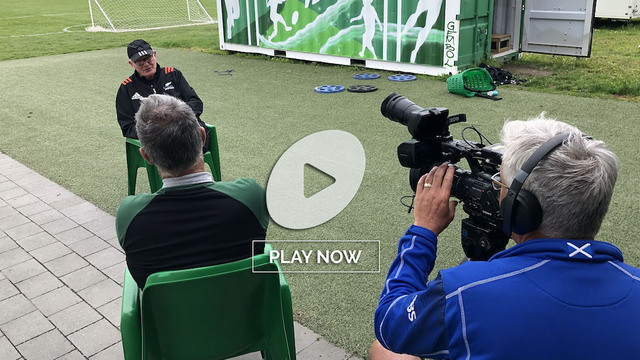


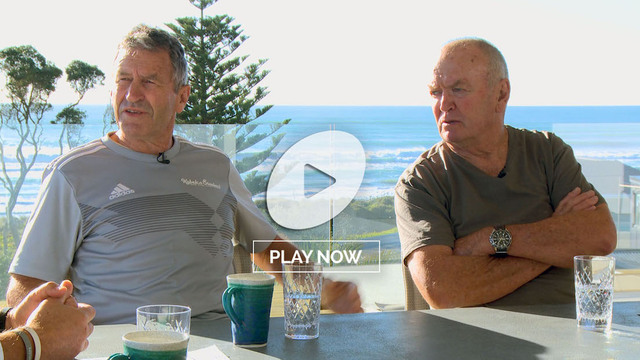
.jpg)
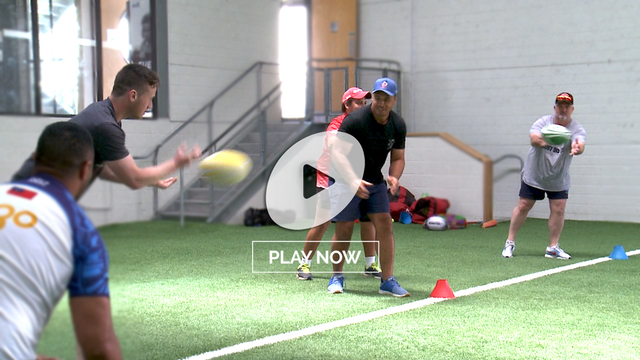
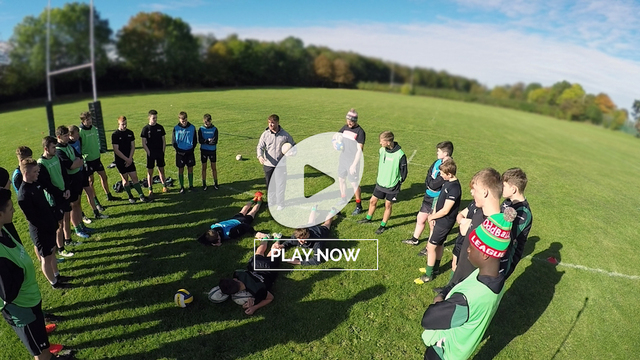
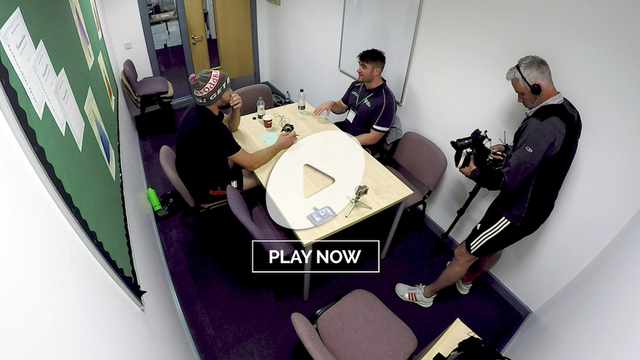
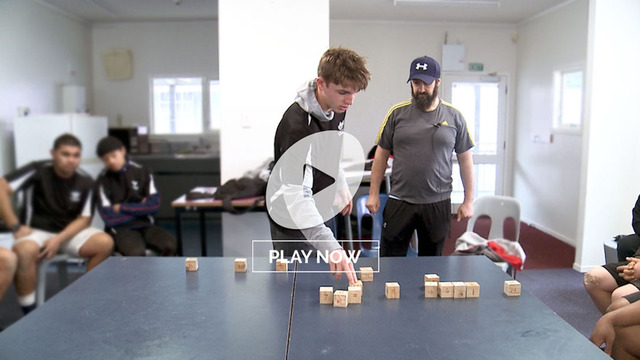
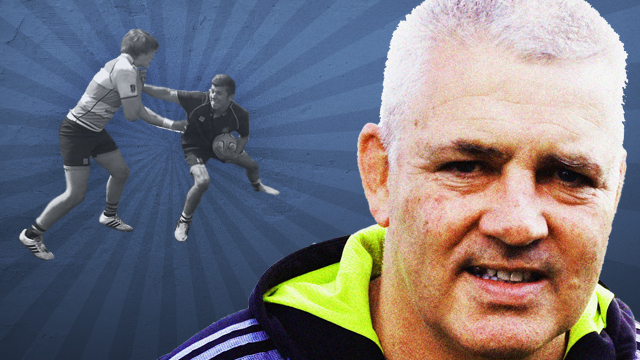

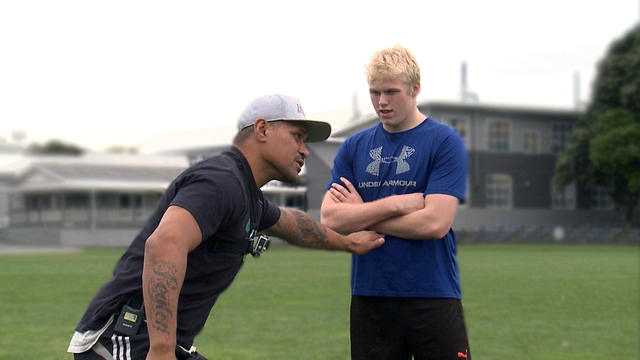

.jpg)



